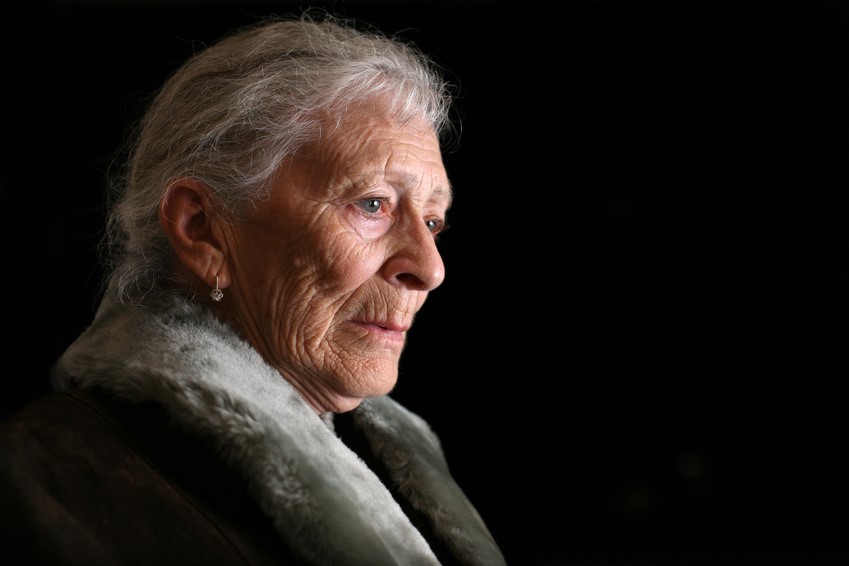Growing up, my dad always impressed upon us the importance of doing a job well.
He didn’t believe in quick fixes. When we worked with him, we were expected to finish the job right. If we made a mistake, he helped us repeat the task until it was correct.
 Perhaps the biggest test of this work ethic came when my father took on the huge task of building a home for us. I remember when my siblings and I helped him measure and lay the cinder block foundation. I was about 14 at the time, and I remember thinking he was being very fussy about measurements. He told us, if the foundation was even a fraction of an inch off, it would cause major problems as we built the rest of the house.
Perhaps the biggest test of this work ethic came when my father took on the huge task of building a home for us. I remember when my siblings and I helped him measure and lay the cinder block foundation. I was about 14 at the time, and I remember thinking he was being very fussy about measurements. He told us, if the foundation was even a fraction of an inch off, it would cause major problems as we built the rest of the house.
Throughout the building process, he strongly emphasized that we must not take short cuts or try to quick-fix a mistake we had made. He promised that he wouldn’t be angry if we made a mistake, but he would be upset if we tried to cover it up. And he was true to his word. If we made a mistake, he was patient with us. He took the time to teach us how to do it correctly, though it created more work for him.
Now as I look back, I realize how vitally important that lesson is to my work today. A recent episode of 60 Minutes reminded me of the newest quick fix being proposed in our society – legalized assisted suicide.
The show focused on the case of Barbara Mancini, a Schuylkill County woman who was arrested after allegedly helping her 93-year-old father, Joseph Yourshaw, commit suicide. Mancini later was exonerated due to the lack of evidence.
Still, Mancini told 60 Minutes that her father should have had the option to commit assisted suicide. She said her father was in pain, and he told people he wanted to die. Mancini now is working with the pro-euthanasia group Compassion and Choices to push for legalized assisted suicide.
But Dr. Ira Byock, who was interviewed later in the show, exposed assisted suicide as a quick-fix solution that ignores the real issue.
Byock, a Dartmouth College professor and a medical expert in end of life care, reviewed Yourshaw’s medical and hospice records and discovered that he was not receiving adequate care for his pain. Byock explained that almost all pain can be managed with modern medicine, but many health care providers aren’t trained well in pain management.
He also pointed out that the elderly and terminally ill are often made to feel that they are burdens on society, and Yourshaw felt he was being a burden, according to his medical records.
Byock emphasized that the solution for people like Yourshaw is not assisted suicide but better end-of-life care and the assurance that their lives still matter.
But making that solution a reality takes a lot of hard work. Our job as pro-lifers isn’t easy, just as my dad’s job wasn’t easy. It takes patience and perseverance to help an elderly or ill person through their day to day life. It takes hard work and dedication for health care professionals to learn the additional skills necessary to help relieve patients’ pain.
But without hard work, what do we get? The quick fixes of assisted suicide and abortion. They take away something valuable that we can never get back, no matter how hard we work — an individual person’s life.
